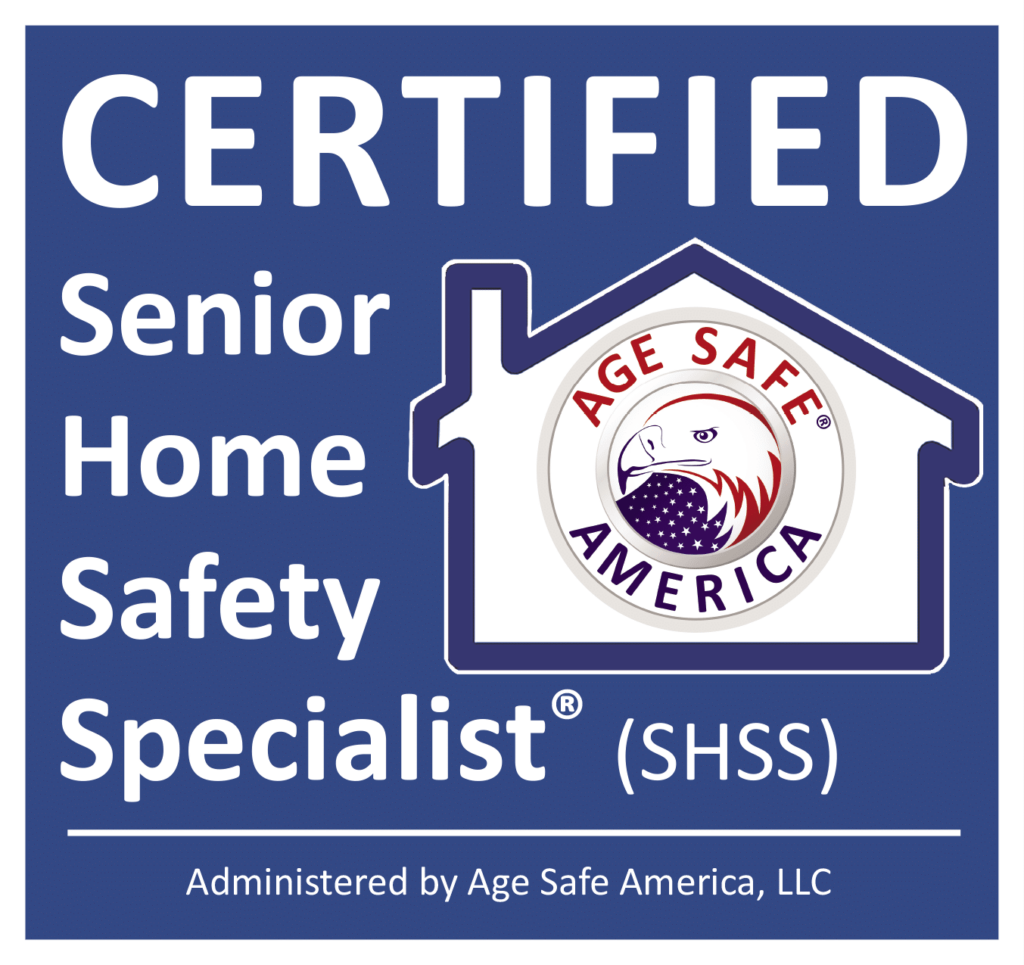February is Low Vision Awareness Month, which means that this is a fantastic time to take a closer look at your senior’s vision and whether it has changed. Learning more about low vision and how it can impact your senior’s life is also important. If your senior is experiencing changes to her vision, home care services can be a huge help to her as her daily needs change as well.
Low Vision Defined
Low vision is a type of vision loss that cannot be corrected with any of the common solutions for vision issues. Corrective lenses, surgery, and medications do not resolve low vision at all. Some people who experience low vision describe losing either central vision or peripheral vision. They may also experience vision loss that requires much brighter lighting than in the past. Night blindness is also common for people who experience low vision.
Symptoms of Low Vision
Low vision is often diagnosed through a vision exam. Symptoms of low vision can include blurry vision or blind spots. Some people with low vision have difficulty with far-field vision or trouble doing near tasks, like reading. Unlike other vision problems, low vision doesn’t come with other obvious signs, like pain. The onset can be so subtle that people are dealing with low vision far longer than they realize.
Living with Low Vision
Home care providers can be a huge help to your senior if she’s experiencing low vision. They can tackle tasks that are becoming more difficult for your senior and help to ensure that her environment is safe and that it supports her daily needs. As your elderly family member’s vision worsens, she may need a lot more help with things like preparing meals, transportation, and keeping up with household tasks. Caregivers can be there for her to ensure her safety and her comfort.
Coping with Daily Challenges
Low vision can have impacts on your senior’s life that she doesn’t expect, like how her vision health affects her mood and her mental health. Putting solutions in place, like hiring senior care professionals to help with daily tasks, can mitigate some of those challenges for her. Periodically working through her feelings with a therapist can help as well.
Make a Plan for the Future
Your senior’s eye doctor can help her to keep track of how her low vision is progressing. This does require keeping up with scheduled eye exams, which can be trickier as she experiences greater vision loss. Putting a plan in place to help her with transportation, especially with help from home care professionals, can make this much easier.
Losing vision is understandably scary for your aging family member. It can be even worse when your elderly family member is told that there is no way to correct what she’s experiencing. What can help a lot is for you and your senior to talk about how she wants to cope with the situation that she is experiencing so that you can help her to adjust as necessary.
If you or an aging loved one are considering home care in Trent, TX, please contact the caring staff at Clear Path Home Care today. Call 325-244-0877
Clear Path Home Care provides compassionate, high quality home care in Childress County, Cottle County, King County, Stonewall County, Fisher County, Nolan County, Hardeman County, Foard County, Knox County, Haskell County, Jones County and Taylor County in Texas.
- Helping Seniors Become Comfortable With Telemedicine - May 14, 2024
- How Seniors Can Bounce Back From Life Events - May 2, 2024
- What You Need to Know About Hospital to Home Transition Care - April 18, 2024






